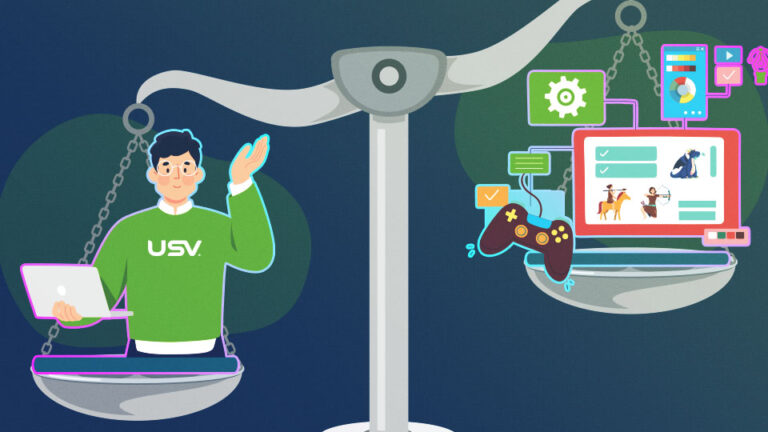Everything you thought you knew about vocational education programs is wrong. When Donald Trump asked top technology leaders what issues they faced when he met with them in December, developing talent, according to Kara Swisher at Recode, was a hot topic. For those meeting with the new president, finding qualified employees stands in the way of improving the technological infrastructure of the US. Their goals for self-driving vehicles, mobile work environments distributed via augmented reality and wearable health care maintenance systems require a workforce different from any that has come before. The workforce they need must be resilient, able to support the deployment of new technologies at scale within limited timeframes and to coordinate across teams in real time, often while in front of the customer.

Contrast this with the time when the jobs being created were in areas like automotive mechanics and appliance repair. At that time, American consumers were installing airconditioning systems, electric refrigerators, TVs, cars and phone systems into their homes. At that time, learning to work with these devices, to build businesses around installing them and repairing them at a local level, sustained many businesses and employed many workers.
Traditional vocational education programs, from shop class, welding, woodworking and electronics, typically led to entry level jobs in construction, repair or maintenance. Vocational skills learned in these areas rarely translated into designing new systems or inventing new business models. The goal of most vocational education programs was to enable graduates to earn a paycheck. Students who liked working with their hands self-selected themselves to participate in a growing economy in which a college education was not required.
How times have changed. The new technologies and emerging economies are mobile and connected. Some, like the World Economic Forum, are calling for “skilled generalists” to power economic growth. This simple term means learning one trade, doing one job, is not enough. The new reality is that students will work at many jobs, even change their career trajectories, throughout their lives – so they need an education that reflects that. What happens with a customer service representative increasingly bubbles up to a product designer or even changes the operations of an enterprise. And, what customers say about a brand establishes the brand identity as customers choose the experiences they prefer, not just the products they use to get a job done.

From Vocation to Profession Through Skills, Teamwork and Entrepreneurship
Count on the vocational education system to take on an entrepreneurial edge during the Trump administration. Entry level jobs in customer experience and technical support have become more tightly integrated with product teams and overall brand messages. The talent needed will not do the same “job” but will be called on to adapt in trans-disciplinary teams, to determine what to do next and how to do it in the right way. They will work with what Thomas Friedman calls “the Hand, the Head and the Heart”. Job security and prosperity will flow to those who align their sense of purpose with others, who establish trust and sense of mission, who do what machines can’t do.
The new workforce will be challenged to bring their communications, critical thinking, and problem-solving skills to their work, whether as a college graduate or not. Everyone, from the hairdresser and chef to the accountant and engineer, will be encouraged to take off their “trade” hat and become an entrepreneur. For workers in almost all professions, their vocation will be as much a mindset as it is a skill set.
Improving Vocational Intelligence From Top to Bottom
Another trend to watch during the Trump administration is how the “skills gap” will be addressed not so much by people learning a trade, but by college education in general becoming more practical. To the Trump administration, mainstream university research has been influenced by government research projects that haven’t shown an effect on the economy. Such is the view coming from the Cato Institute, with is in favor with the Trump administration. Papers like “The Case Against Public Science” suggest that industry funding of academic research leads to more effective and practical results. That paper makes the case that the flow of knowledge and innovation from workers using machines, and from industry making machines, dwarves the value of knowledge originating from academics.
Forward looking colleges are already embracing the notion that tinkering leads to quality learning. Extending this reasoning, their students are in the best position to participate in innovating if they are given the opportunity. College students are increasingly given courses in which they tinker with the tools they use every day. Expect them to be asked to “hack” their education, to build things as a way of learning to apply themselves and to take advantage of the opportunities they are afforded by their higher education.
If Trump follows the advice given by the tech industry and his advisors, get ready for more entrepreneurship in vocational education and vocational intelligence infused across academic disciplines. Along the way, the Trump legacy to education could be the practical values that enhance the intellectual mindset of graduates across the board.


